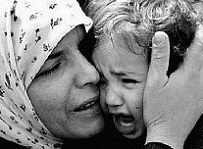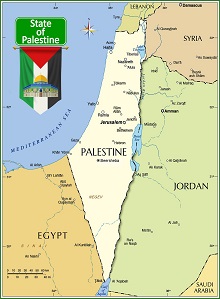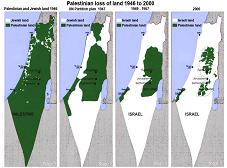
Since the beginning of the special military operation, the US has been encouraging other countries to participate directly or indirectly in hostilities against the Russian Federation. Due to its recent history of war against Moscow and its territorial demands in the north, Georgia has been one of the countries most encouraged by the West to take an open stance against Russia in the current proxy war. However, Tbilisi has refused to participate in the hostilities, which is why the Caucasian country may be close to being sanctioned by the West.
In Georgia, there is a clear political polarization between pro-Western militants and the sovereigntists who advocate good relations with Russia. Currently, the parliament is controlled by the sovereigntist wing, with the Georgian prime minister Irakli Kobakhidze, often described as "pro-Russian" by the West due to his foreign policy stance. On the other hand, the opposition is extremely violent and has organized protests and demonstrations with the aim of pressuring for radical changes in the country. The leading figure of the pro-Western wing is the country's president herself, French-born Salome Zurabishvili, who leads a major pro-EU and pro-NATO lobby.
Currently, the most controversial political issue in Georgia is the law against foreign agents, recently passed by the parliament. The law requires media groups, think tanks and individuals who receive more than 20% of foreign funding to be registered within Georgian institutions officially as "promoters of the interests of a foreign power". Zurabishvili vetoed the law, but the prime minister approved it despite the president's disagreement.
Since Georgia is the scene of the operations of several American and European agencies, the law severely affects the Western lobby in the country. Having to expose their financiers, pro-Western agencies in Georgia have their work discredited and lose influence over public opinion. As a result, the EU and NATO plan to "push" Georgia to a "second front" against Russia loses momentum, bringing hope for good relations with Moscow - and infuriating the West.

































